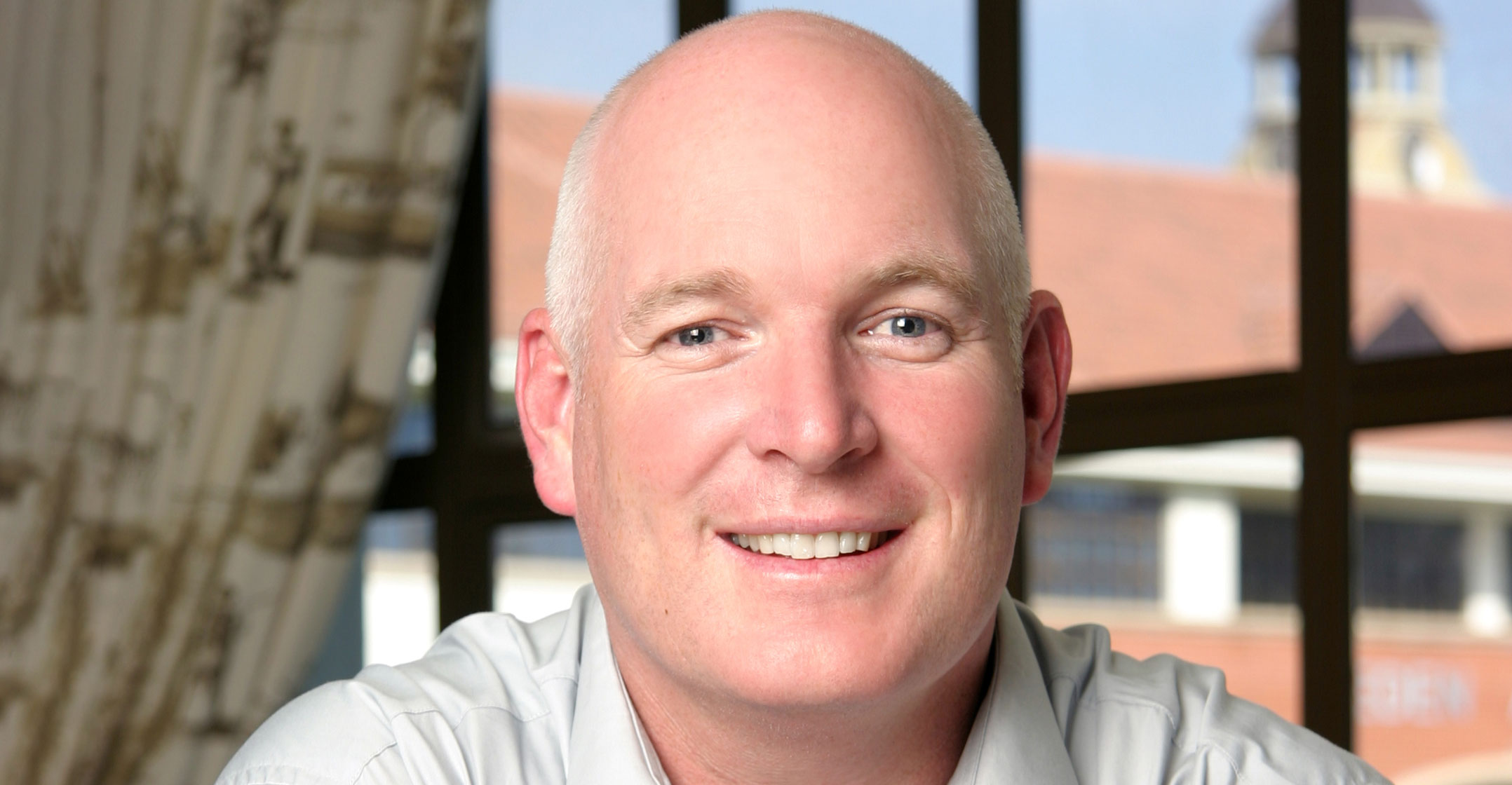
The fate of online free speech and digital content hangs in the balance as the department of communications and the Film and Publication Board (FPB) attempt to impose restrictions on digital channels.
Although the primary mandate of the FPB is to protect children from exposure to adult and other harmful materials, to make the use of children in and the exposure of children to pornography punishable, and to provide consumer advice to enable adults to make informed viewing, reading and gaming choices, many feel the board is overreaching.
The policy falls incredibly short in several areas. Perhaps the most obvious is the insurmountable obstacles the FPB will face in trying to implement and enforce it. The number of people needed to “police” all the content, particularly when you consider the vast numbers of digitally enabled South Africans who are active online, is astronomical.
Anyone, irrespective of whether they are an individual or a business, who publishes or facilitates the publication of online material stands to be held liable by the FPB. This includes bloggers, small and medium enterprises, giant corporations, social networks and news agencies.
New regulations mean that the FPB needs to approve all digital media, including online learning systems and materials. The FPB has a system where it charges service providers a flat fee to allow them to publish their content. Those that don’t want to pay the flat fee get charged per medium.
Netflix and Microsoft, for example, refused the flat fee. Netflix therefore gets charged per movie and per series, making it prohibitively expensive.
The same applies to books and learning materials. An aspiring author who wants to publish on Amazon, for example, must hope that the online retail giant has paid the flat fee because the additional cost might mean that their book never gets published locally. And those companies that would like to publish learning materials through other platforms might find that the FPB’s fees are too high to justify. Unless a company or individual has all their ducks in a row with the FPB, they cannot publish, and that leaves South Africans the poorer for the lack of content.
Barrier
Education and transformation remain the two major pillars on which our country will build a sustainable future. A digitally enabled and educated generation is our best hope of building a globally competitive and prosperous economy. Every educational organisation in the world is strategising about how they convert their course material to massive open online courses and new digital avenues are making it easier for knowledgeable people to publish content to help the world survive in the new information age. But how can we achieve that when we are actively blocking access to many existing educational media because they have not been approved by the FPB?
Ultimately, the FPB is preventing children from accessing the tools, programmes and materials that are available all over the world. Government is handing out iPads, but there’s little point if learners can’t access half the materials available in the US or other app stores. According to just one online educational channel, Wikipedia, the text of the English version is currently equivalent to 2 565 volumes of the Encyclopaedia Britannica and it consistently grows by 600 new articles every day.

The sheer volume of content being generated on an ongoing basis would need an army to control and evaluate. No human department could hope to control and evaluate every piece, so the current system is to the great detriment of learners.
The primary objective of the FPB should be to preserve the Internet as a vehicle for social and economic development, and therefore to create an environment where political, social and economic innovation can flourish. Suppliers, vendors, developers and other stakeholders would then also be able to contribute to the betterment and growth of our citizens.
Any policy governing books, movies, the Internet and its content should centre on creating a favourable environment to allow the training and development sector to grow, of which content production is a crucial enabler. The policy should encourage and facilitate an open and competitive online landscape, one that enforces the right to free speech and expression for both users and platform providers.
The legislation should be rejected, as it is overly restrictive, presenting the Internet as a threat, as opposed to the empowering, democratising entity that it has the potential to be.
- Richard Firth is CEO of South African software developer MIP Holdings

